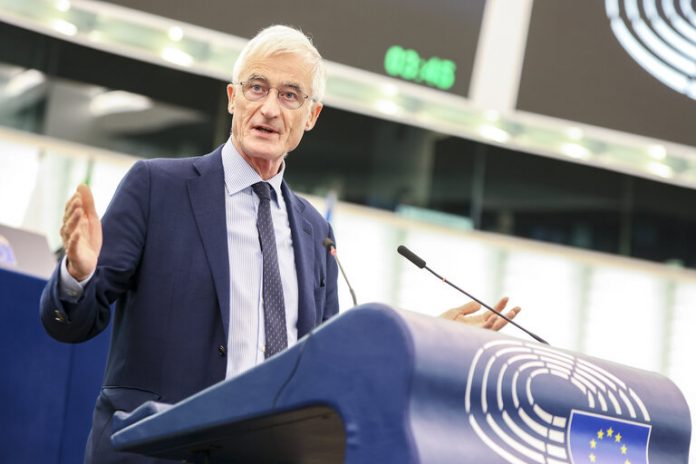Restarting trade and investment talks between EU and India are welcome but EU norms need to be protected in the final deal, says the Parliament.
The resolution, adopted on Tuesday by 482 votes, with 107 votes against and 40 abstentions, sets out what the Parliament expects from EU-India trade talks, relaunched on 17 June. Parliament states it welcomes the restart of talks on a trade agreement, a stand-alone investment protection agreement and an agreement on geographical indications.
Keep up the values
While there is “untapped potential for stronger, deeper and mutually beneficial economic cooperation” between the EU and its strategic partner, this should happen only as long as European values and standards, including rule of law, democracy, as well as human, women’s and labour rights, are respected. A future trade deal should also be in alignment with the European Green Deal, the Farm to Fork strategy and the Paris Agreement, insist MEPs.
Grant more market access
Parliament expects swift solutions to long-standing market access problems for EU companies in various sectors, such as cars, car parts, agriculture, pharmaceuticals. They encourage India to eliminate existing technical barriers including various certification requirements for medical devices, toys, drinks, food and steel. India should prohibit discriminatory “Buy national” policies that discourage imports.
While the resolution acknowledges that agriculture, which accounts for 41 percent of employment in India, is a sensitive issue, it states that “greater market access for agricultural products should not result in giving either party an unfair competitive advantage”.
MEPs also call for specific chapters aimed at easing access for small and medium sized enterprises, protecting intellectual property rights and enshrining and enforcing sustainable development targets.
India’s hesitancy over Ukraine
The resolution expresses MEPs regret about India’s hesitancy to condemn the Russian Federation’s military aggression against Ukraine. It nevertheless calls for the cooperation of the EU and India to address the repercussions on food security caused by the ongoing Russian war in Ukraine.
“The EU urgently needs to conclude more new trade and investment agreements. More than ever, it is crucial to strengthen our open strategic autonomy by diversifying our supply lines if we want to secure our prosperity and create additional jobs. A trade and investment agreement with India’s booming economy offers many opportunities for our companies and is also of great geopolitical significance,” said rapporteur Geert Bourgeois (ECR, BE).
MEPs are going to follow closely the steps of the negotiations. Once the negotiators reach an agreement, Parliament’s consent will be a necessary condition for its final approval.
The EU is India’s third-largest trading partner and leading foreign investor, while India is the EU’s ninth-largest trading partner and only accounted for less than 2.1 percent of its total trade in goods in 2021. EU-India trade increased by more than 70 % between 2009 and 2019.
Leaders of the EU and India agreed in 2021 to relaunch trade talks originally started in 2007 but frozen since 2013.
A delegation of trade MEPs visited India between 11 and 14 April this year.

